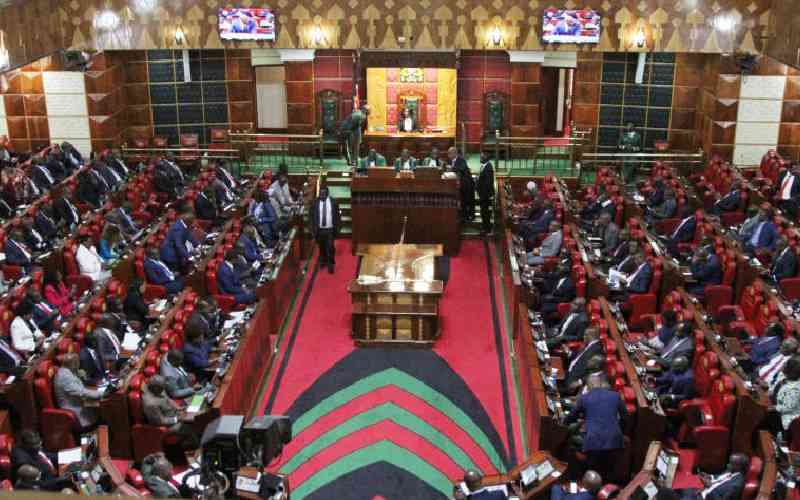×
The Standard e-Paper
Smart Minds Choose Us

National Assembly during one of the sessions. [Elvis Ogina, Standard]
Globally, it is estimated that there are more than a billion (persons with disabilities) PWDs. According to the 2019 census, 900,000 Kenyans have some form of disability, majority of them women. The rights of PWDs are recognised in the Constitution. It grants them equal rights, opportunities and participation in the society.